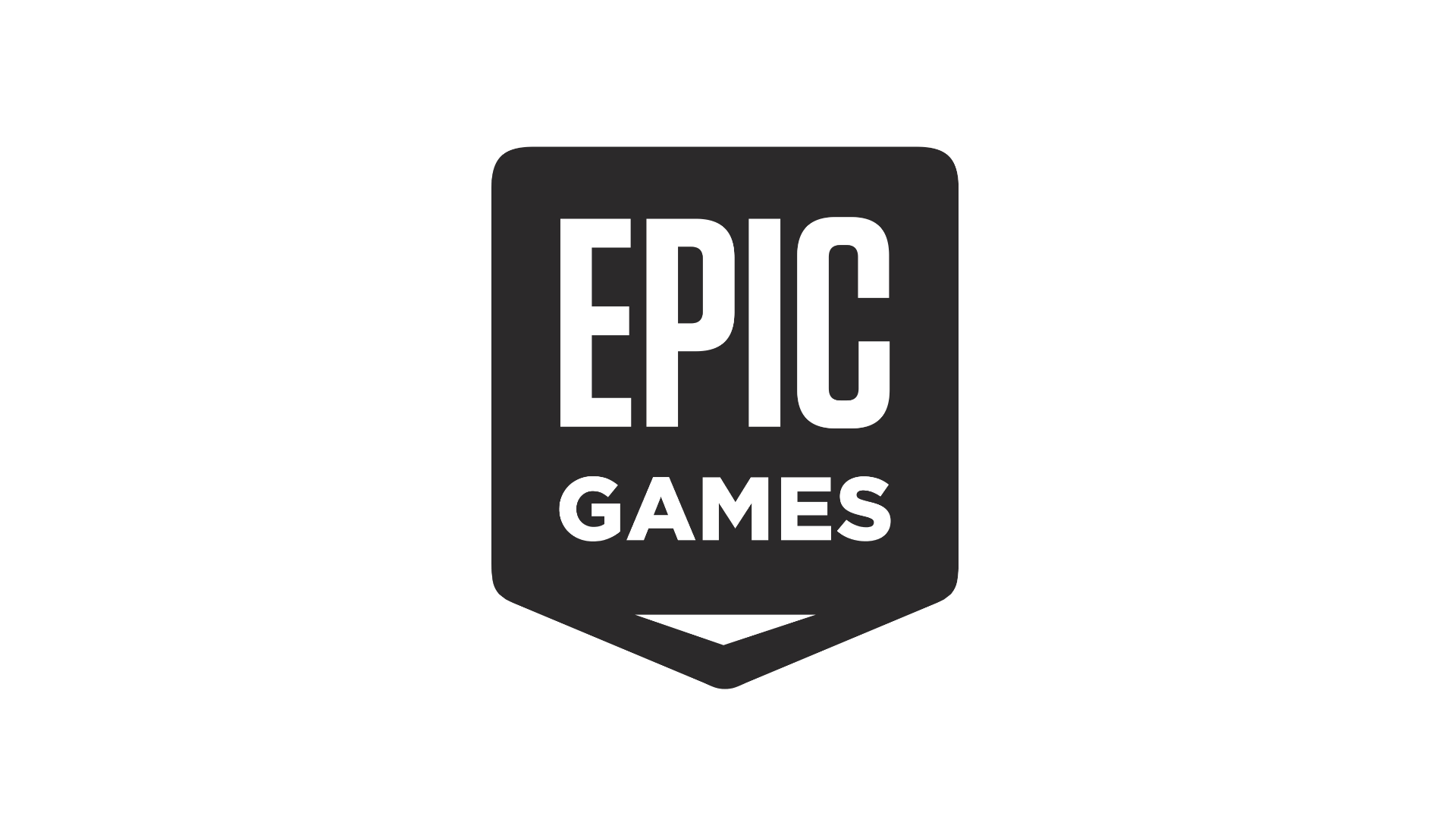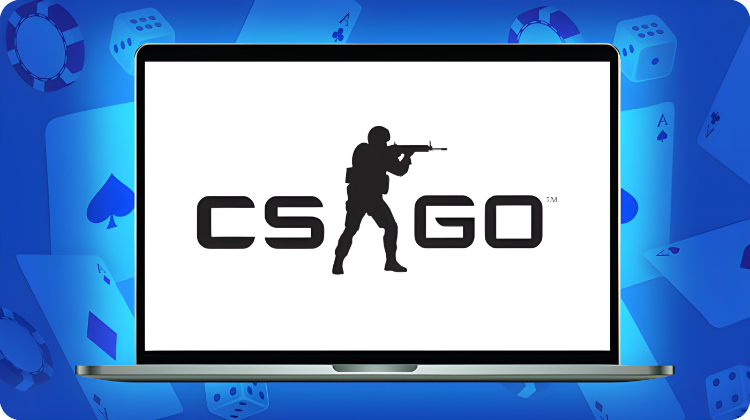I’ve been paying attention to the Epic vs. Apple trial this week, and honestly, I’ve spent most of this time confused by Epic’s strategy. The company wants to paint Apple as a tyrant — an App Store dictator that lords over what is essentially an entire industry on its iOS platform. But Epic undercuts itself over and over by somehow claiming that other walled gardens — including those on consoles — are somehow different.

The motivation here is clear: Epic doesn’t want blow up relationships with the likes of Microsoft, Nintendo, and Sony. I don’t think this special carveout is helping Epic’s case, though.
There are strong points to make about the danger Apple poses unchecked. As the trial has already shown, Apple does not apply its App Store rules consistently, and its terms are not the same across the board. Apple struck a special deal with Amazon for Prime Video. Apple was willing to go to great lengths to keep Netflix on its IAP (in-app payment) system. Apple will use its position as the steward of iOS to cram its game subscription service into the App Store, but will come up with an arcane rule about why your game subscription service isn’t allowed. There are issues here.
The thing is, every single company with a walled garden does this. These issues have nothing to do with how a particular company makes its money, or even whether or not a device is considered “general purpose.” Epic citing these details — and using them to very narrowly target Apple and only Apple — hurts the case it’s trying to make.
Sony and Microsoft are not forced to subsidize their hardware. These companies could price their machines for profitability, or otherwise offer an alternative (and cheaper-to-make) gaming experience. This is exactly what Nintendo does. Instead, the two companies see a need to compete with the PC gaming market, where some players spend thousands of dollars on decked-out rigs. That is their decision, and should hold no bearing on whether their walled gardens are acceptable or not.
Epic could argue that it’s actually developers driving these ecosystems and, eventually, entire economies that would otherwise not exist. Simply laying the foundation for a market should not grant you endless power over it for the rest of time. Allowing Apple, Microsoft, Nintendo, and Sony to pick winners and losers — especially when they themselves are also playing the game — is anticompetitive.
Instead, Epic is trying to very specifically change the way Apple does business, while trying not to have its grievances spill over into console land. I just don’t see how you can separate the two and keep a straight face.















